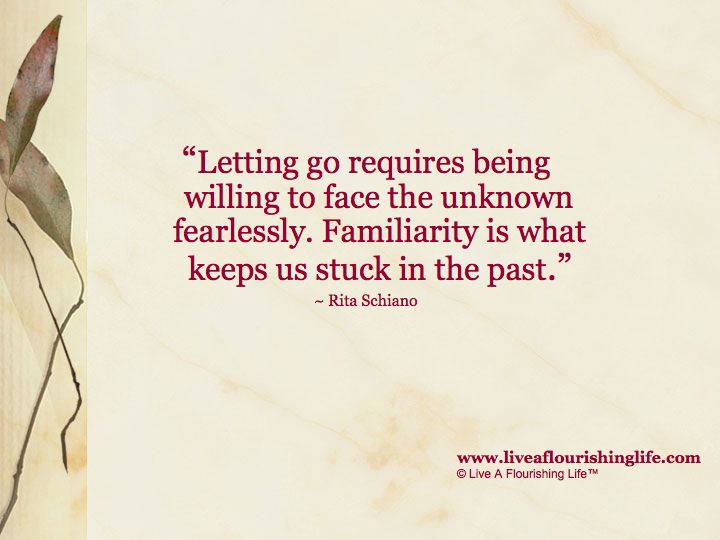Are you feeling challenged by obstacles? Are you clear as to what that "thing" is that is preventing or hindering your progress?
I view any obstacle that gets in my way as an opportunity to learn something new. It's not always an easy lesson. And sometimes the learning of the lesson takes time, patience, and reflection.
Changing the way we think about obstacles effects our success rate for as the Zen Buddhists say, "The obstacle is the path." To begin, we have to identify the type and source of the obstacle. Ask yourself: Do you view the obstacle metaphorically as a pebble, a rock, or a boulder? Is it external or internal?
External obstacles are those things outside of your control, such as environment, money, physical limitations. Yet, because they are external does not mean you should give up. What is always in your control is how you choose to respond (cognitively) not react (emotionally) to the challenge.
Internal obstacles are things such as fear, self-doubt, and what I call your Habitudes -- Patterns of thought and behavior affecting our attitudes towards life; habitual ways of thinking and acting that may or may not serve you.
Our beliefs and thoughts about a situation affect our reaction to it. The way we think about things can actually give things more meaning than they actually deserve. By giving meaning to things, we give them power in our lives. That's why I asked you to think metaphorically about the obstacle. What is its size? How easily, based on that size - pebble, rock, boulder -- can you remove it from your pathway?
"Obstacles don't have to stop you," said Michael Jordan. "If you run into a wall, don't turn around and give up. Figure out how to climb it, go through it, or work around it."
